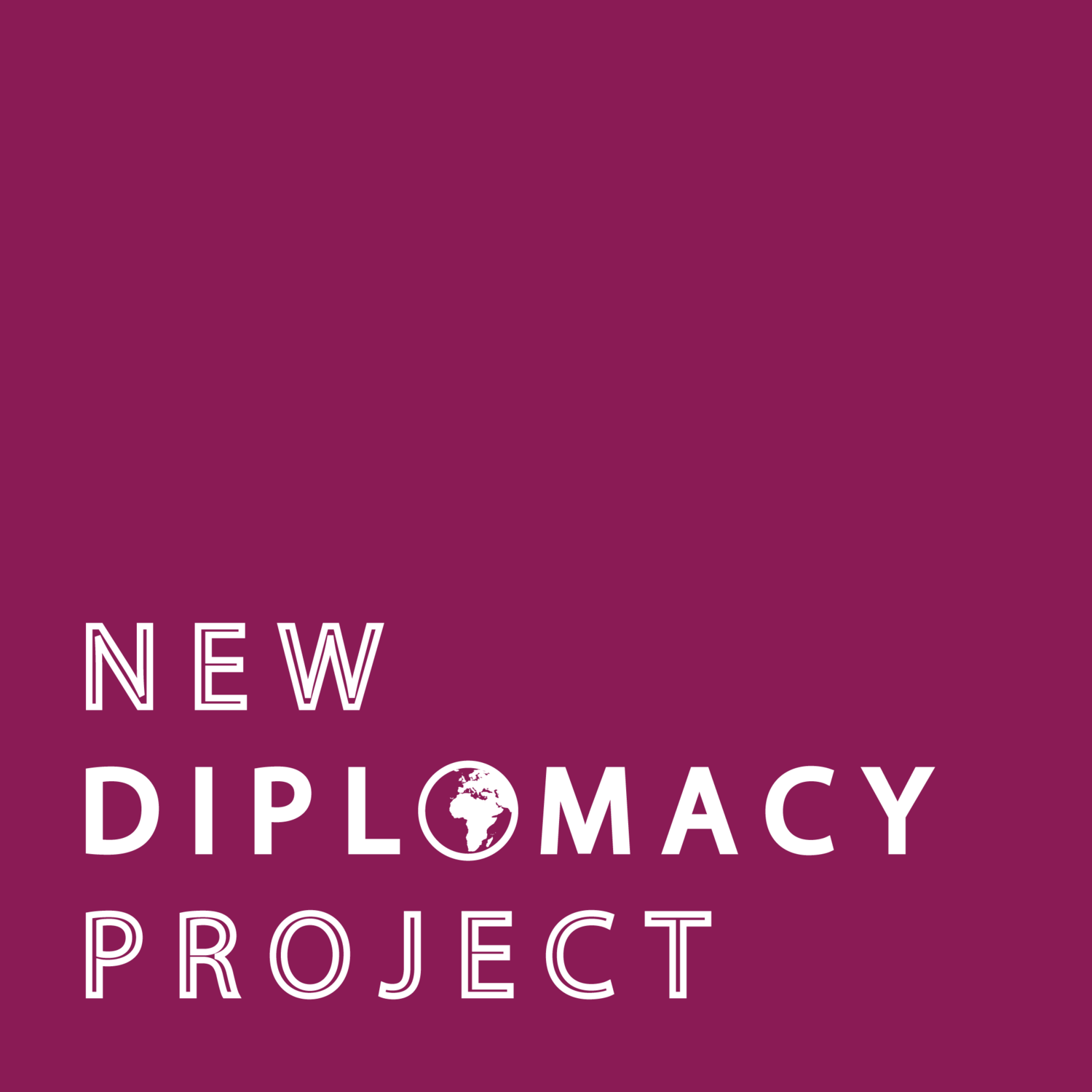What does the 2024 Indian General Election mean for UK foreign policy?
The 2024 Indian election comes at a challenging time for democracy in India. As the largest democracy in the world and a growing global power, the election will have implications for India’s relationship with the UK, the West and its neighbours in the region.
The Bharatiya Janata Party (BJP) has made foreign policy central to domestic politics, emphasising India’s status as an independent nation. Narendra Modi’s government has rejected Western criticism as neo-colonialism and strengthened India’s credentials as an emerging global power.
India’s policy of ‘strategic autonomy’ or ‘omni-alignment’ is complicated by its marginalising domestic policies and also growing regional tensions with China, the latter bringing its foreign policy closer to Western powers.
Prime Minister Narendra Modi is in a commanding position ahead of the 2024 election, with high levels of popularity and influence.
An opposition coalition, the Indian National Developmental Inclusive Alliance (INDIA), has formed to challenge the Bharatiya Janata Party (BJP) at the election. INDIA has targeted Modi’s record on democracy, human rights and welfare, but its path to success has been complicated by its failure so far to unite around a clear strategy, policy or leadership. INDIA claimed on 16 February 2024 that its bank accounts had been frozen by the Income Tax Department, limiting its ability to fund its campaigning ahead of the election.
The election is likely to intensify debates around India’s national security and religious identity, causing further tensions with its regional rivals and stoking concerns about human rights and democratic standards.
SUMMARY OF POLICY RECOMMENDATIONS
The UK should reverse cuts to the BBC WorldService, including its Hindu language service, and support impartial coverage of the election.
Engagement with the current and future government should be respectful to India’s sovereignty hostility towards foreign comment or intervention.
Free Trade Agreement (FTA) negotiations will likely stall as elections divert attention and complicate sensitive discussions around immigration. Discussions should continue, ensuring safeguards for key British sectors and mutual commitments on democracy, the environment and human rights.
The UK should stress its commitment to combating extremism, including violent pro-Khalistani activism, and facilitate co-operation on cases for absconding Indians.
As a key partner in achieving an Indo-Pacific tilt, the government should prioritise India in debates on immigration, particularly around short-term visas for high-skilled workers.
India represents a key strategic partner in limiting the People’s Republic of China’s threat to international stability. However, because of India’s reliance on the PRC in key sectors, the British government should not perceive closer trade relations and supply chains with India as straightforward de-risking.
The UK should promote a permanent Indian seat on the UN Security Council. This could also be an opportunity for reform of the Commonwealth, moving part of its administrative capacities to India.
The UK Government should build on recent progress in defence relations and seek a formal agreement on joint production, including easing restrictions for British companies investing in India’s advanced military technology.
Photo: Voter reads an election pamphlet via Flickr.
